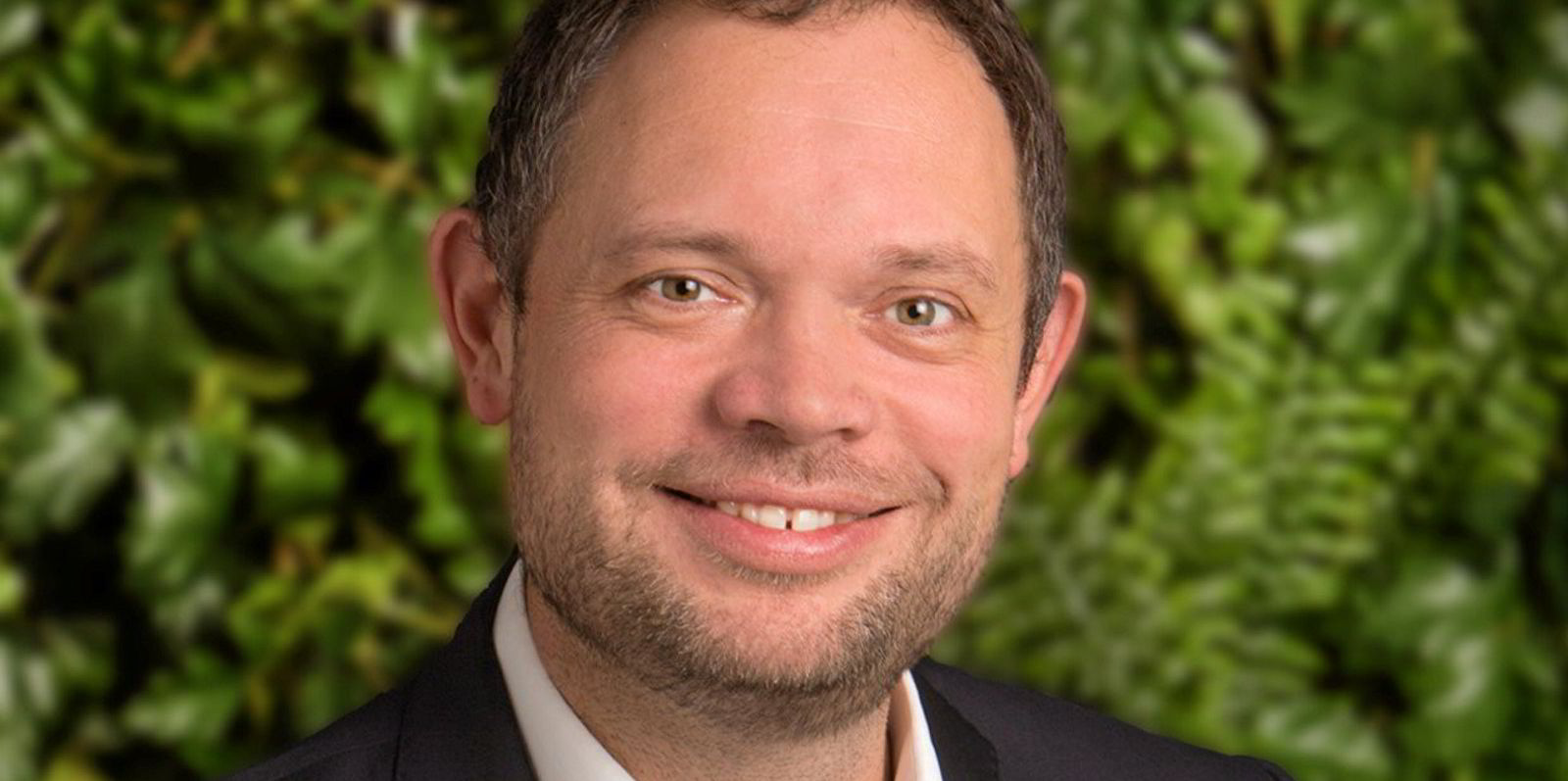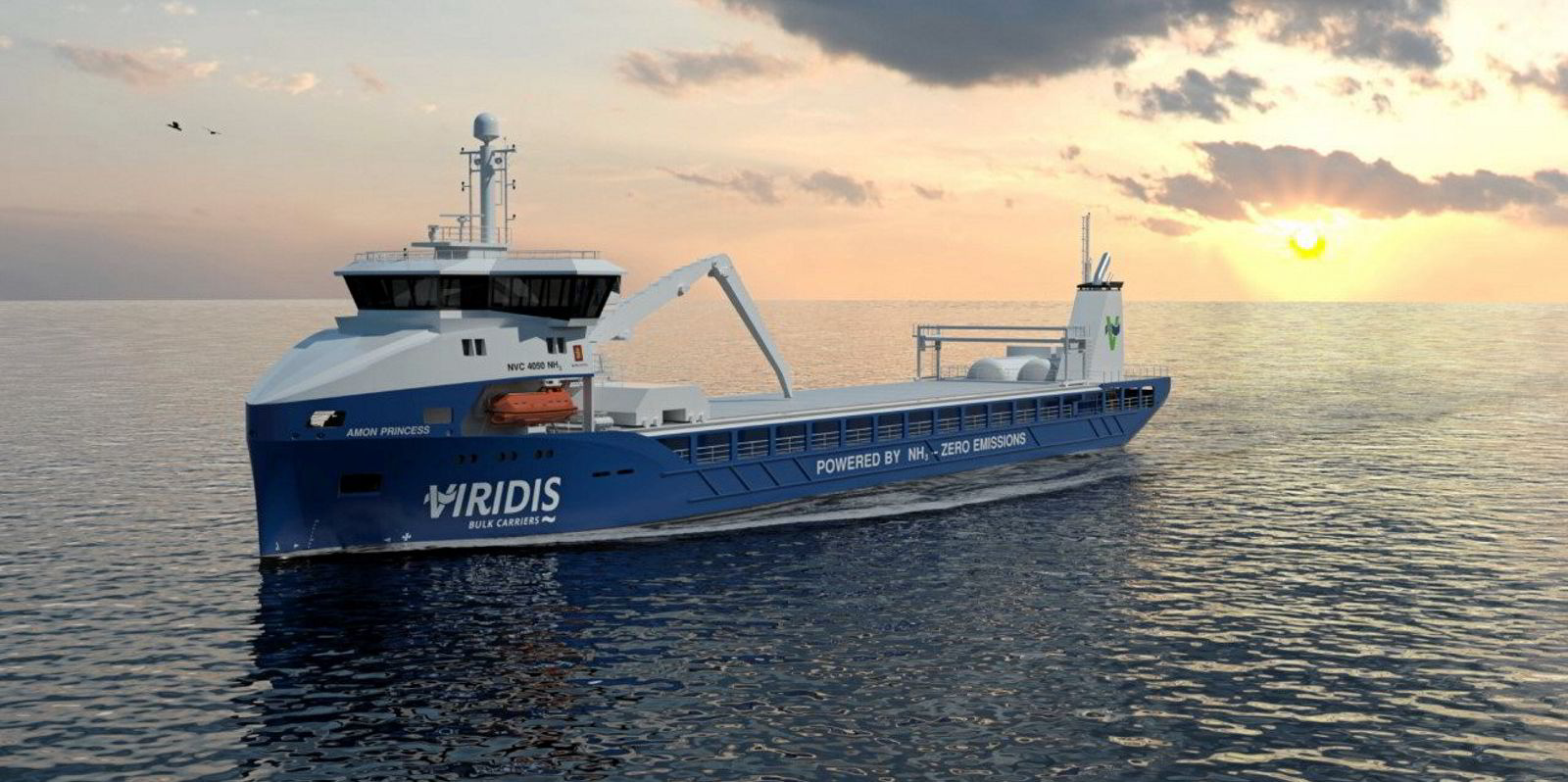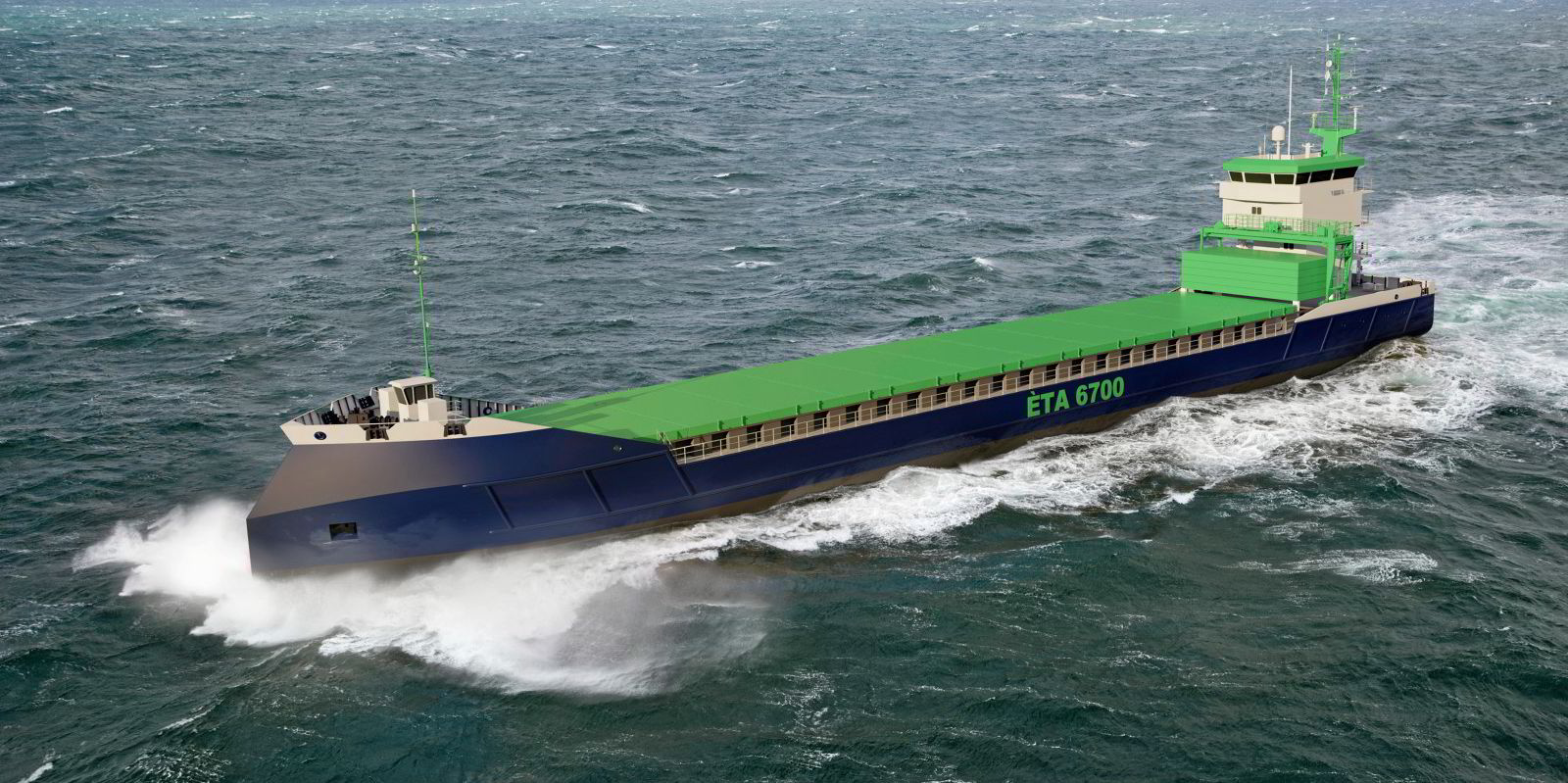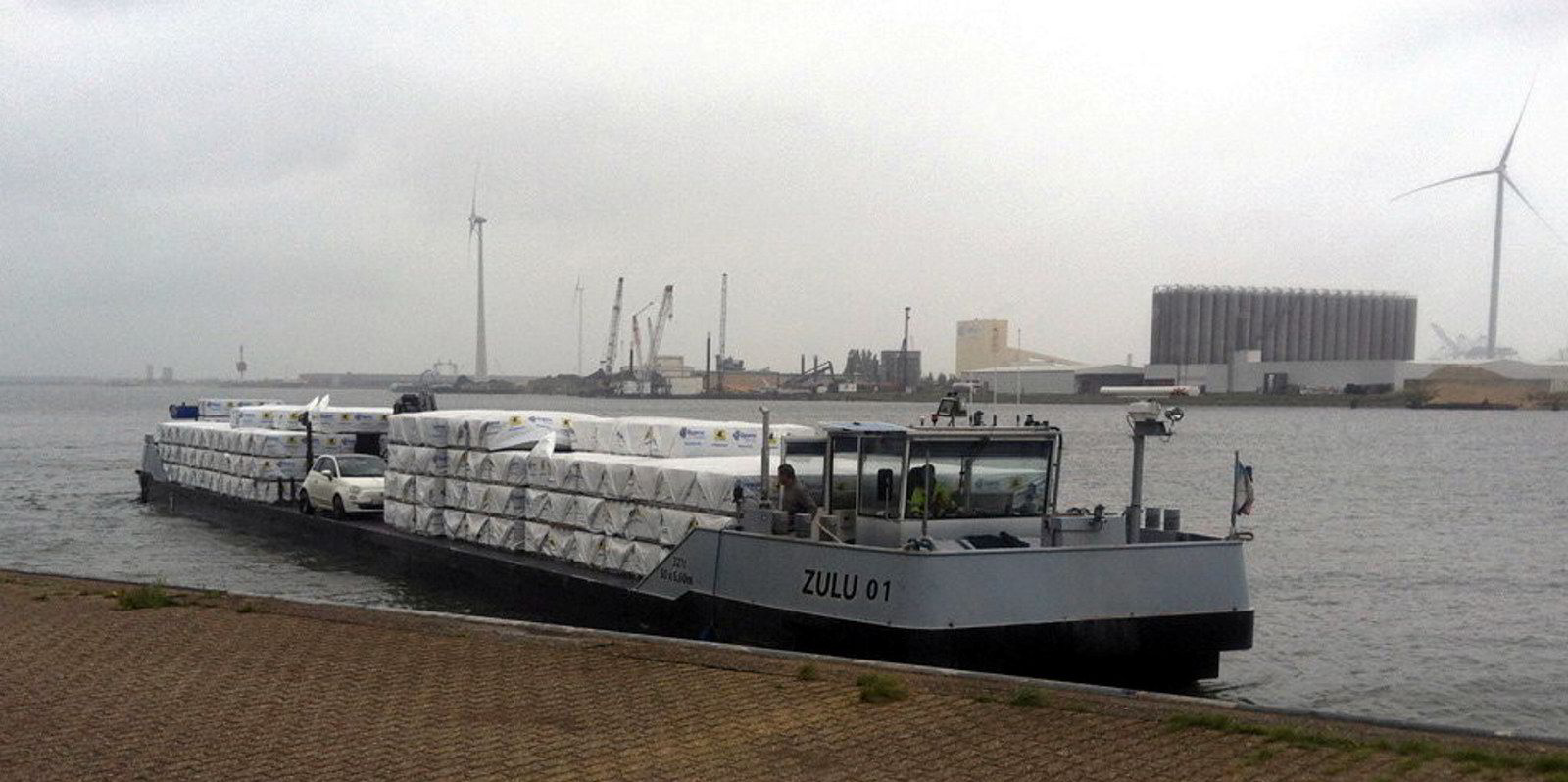Danish hydrogen supplier Everfuel has revealed a new project to get a zero-emission ship on the water by early 2023.
The Oslo-listed company, which already provides the green fuel to cars, buses and trucks, is working with an unnamed German-Norwegian shipowner to move into the maritime sector, after signing a memorandum of understanding.
Everfuel will be responsible for delivery of hydrogen, including planning, installation and operation of an optimised, scalable fuelling solution.
Chief executive Jacob Krogsgaard told TradeWinds work is entering the final stage in terms of how this will work in ports.
The intent is to then establish firm contracts for long-term hydrogen supply and offtake. The shipowner aims to become a leading zero-emission shipping company in Europe, Everfuel said.
Under the radar
Krogsgaard added that its partner is remaining "under the radar" until it is ready to announce further details.
The contract is for one vessel at the moment, he said.
The newbuilding will use 1,000 kg of hydrogen per day.
Based on this, the CEO said: "It will not be a small ferry and it will not be a large containership."
He added that a single large boxship or passenger vessel can emit in a year as much sulphur as 50m cars.
"Switching to zero-emission solutions will make a significant difference. We look forward to this cooperation on pioneering green shipping fuelled by hydrogen from Everfuel," Krogsgaard said.
Sites being examined
The two parties are developing technical and commercial information, while working on the operational framework.
This includes identifying potential fuelling sites and winning permits for the required investment.
Everfuel said it is well positioned to provide maritime fuelling solutions across Scandinavia and Europe.
The fuel will initially come from its HySynergy facility in Fredericia, Denmark.
The company says the hydrogen is made 100% from renewable energy.
Everfuel describes itself as a young, ambitious company, and is headquartered in Herning.
Its activities already span Norway, Denmark, Sweden, the Netherlands, Germany and Belgium, with plans afoot to grow further across Europe.







